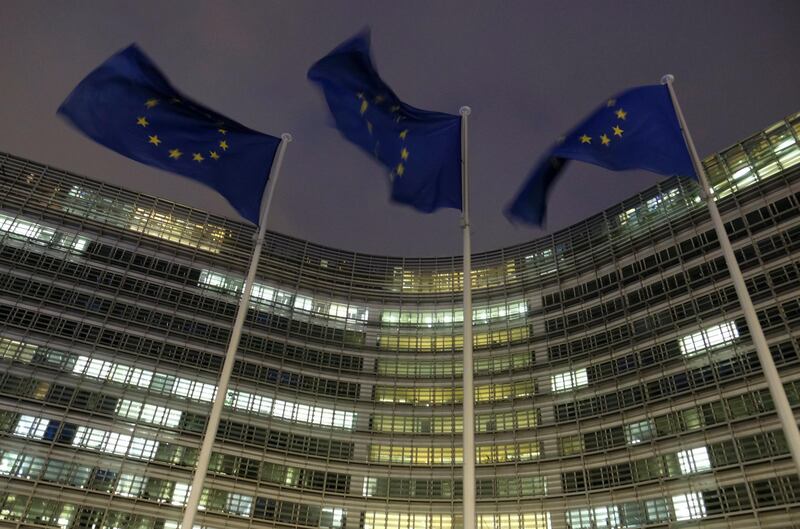The UAE has welcomed the decision by the European Union to remove the country from a list of 'uncooperative tax havens' published in December, affirming its commitment to combatting international tax evasion.
The EU on Tuesday removed the UAE and seven other jurisdictions from its list of “non-cooperative jurisdictions for tax purposes, following what it described as “commitments made at a high political level to remedy EU concerns.”
“The European Union’s decision reaffirms the UAE’s full and solid commitment to transparency in tax procedures,” said Younis Al Khoori, undersecretary of the UAE’s Ministry of Finance, in a statement on Tuesday.
“[The decision] reflects the meticulous local and international efforts made by all stakeholders in the Emirates since the beginning of 2017 to cooperate with our European counterparts and adhere to the EU’s standards and requirements regarding the exchange of tax information.”
The Council of the European Union had placed the UAE and 16 other territories on a list of con-cooperative jurisdictions for tax purposes in early December.
The UAE expressed disappointment and surprise at its inclusion on the list, and said it expected to be removed from it after the implementation of outstanding measures that will be adhered to in 2018.
______
Read more:
[ EU to remove the UAE from tax haven blacklist, report says ]
UAE surprised and disappointed by inclusion in EU tax haven blacklist
Dubai wealth managers dismiss UAE inclusion in EU tax haven blacklist
_______
The EU had claimed the UAE did not adhere to minimum standards on Base Erosion and Profit Shifting (BEPS) – the practice of using tax avoidance strategies to artificially move a company’s profits to low or no tax jurisdictions – and had not committed to implementing such standards by the end of 2018.
Mr Al Khoori noted Tuesday that the UAE had joined the OECD’s Action Plan on BEPS. The UAE has notified the EU of its timeline for implementing the Plan’s minimum requirements in coordination with OECD experts, he added.
“The Ministry of Finance is collaborating with the [OECD] to organise a series of workshops and meetings with relevant authorities in the UAE, which include the multinational BEPS Project – an initiative launched by the OECD and the Group of 20 (G20) to enhance fiscal transparency, reduce tax evasion and promote the exchange of information for tax purposes,” he said.
Mr Al Khoori stressed that the UAE will continue to cooperate with international partners, including the EU, to implement international standards for combating tax evasion, avoiding double taxation and exchanging information for tax purposes.
Barbados, Grenada, South Korea, Macao, Mongolia, Panama and Tunisia were also removed from the EU’s list on Tuesday.
“Jurisdictions around the world have worked hard to make commitments to reform their tax policies,” said Vladislav Goranov, minister for finance of Bulgaria, which currently holds the Council of the EU’s presidency.
“Our aim is to promote good tax governance globally.”





